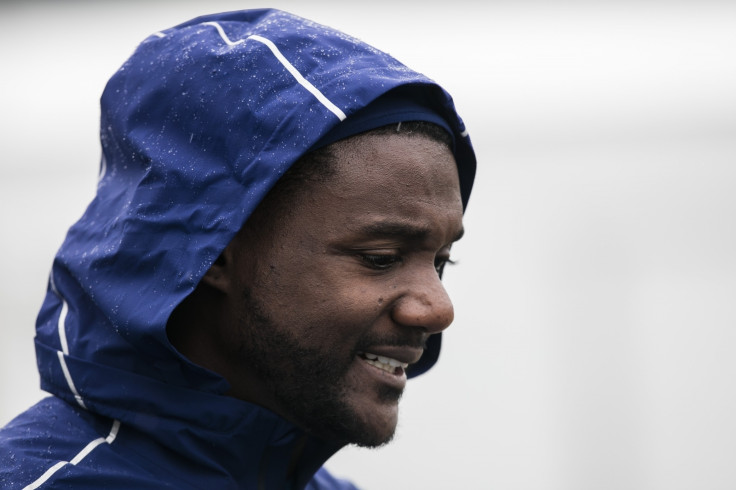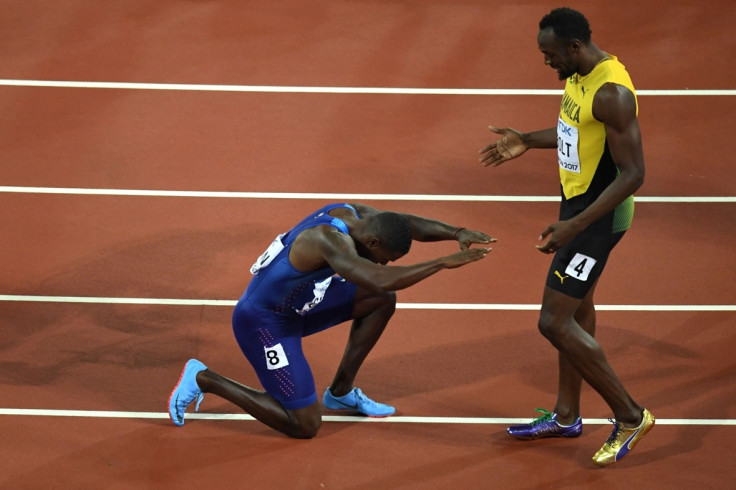100m world sprint star Justin Gatlin implicated in new doping scandal
Gatlin has previously faced bans for failing doping tests.

A new investigation alleges members of 100m world champion Justin Gatlin's team of involvement in doping, something the sprinting star has twice been banned for.
A report from the Telegraph says that people around Gatlin had offered undercover reporters illicit performance-enhancing drugs when they visited the athlete's Florida training camp.
The reporters had posed as representatives of a production company working on a film about athletics.
A coach and agent of Gatlin's were recorded offering to "supply and administer testosterone and human-growth hormone", the newspaper said.
The prescriptions would have allegedly been under a false name through a doctor in Austria and the service would have cost $250,000 (£186,800).
The pair also reportedly told Telegraph reporters that doping was widespread and testing could be avoided. The investigation has prompted the Athletic Integrity Unit and US Anti-Doping Agency to open an investigation into Gatlin and his team.
However, Gatlin's legal team told the paper that the agent had only represented the runner a few times and suggested it was likely the two were "putting on quite a show to impress who they thought were 'Hollywood' producers".
Gatlin, his legal team and the coach and agent deny that the sprinter has used any banned substances or that any of them are involved in doping.
Gatlin stunned the world when he beat world record holder Usain Bolt in his final individual outing.
The 35-year-old's win was even more controversial owing to his twice being banned from competing for failing doping tests; first in 2001 for two years and then in 2006 for eight years, before it was reduced to four due to his cooperation with doping authorities.
Head of the Athletics Integrity Unit, Brett Clothier said there would be an investigation into the claims, in co-operation with USADA.

"These allegations are very serious and strike at the heart of the integrity of athletics," he said.
"The use of new methodologies and designer drugs has always been a challenge for the anti-doping movement and this continues to this day. In this era, we understand that we cannot rely on testing alone to defend the sport against doping and so the AIU is both building its investigations and intelligence capability and implementing an intelligence based re-testing policy to meet such challenges."
The International Association of Athletics Federations (IAAF) President, Sebastian Coe, said the allegations are "extremely serious and I know the independent Athletics Integrity Unit will investigate in accordance with its mandate."
"Under the IAAF Rules, all athlete support personnel - agents, coaches etc - are bound by both the IAAF anti-doping code and IAAF integrity code of conduct. The AIU has investigative powers and the independent Disciplinary Tribunal has sanction powers for those found in breach of these," Coe said in a statement.
"We are looking at who we want in our sport. We are working with Member Federations on how we move to an official accreditation system for support personnel so athletes have choices and assurance in those choices," Coe said.






















